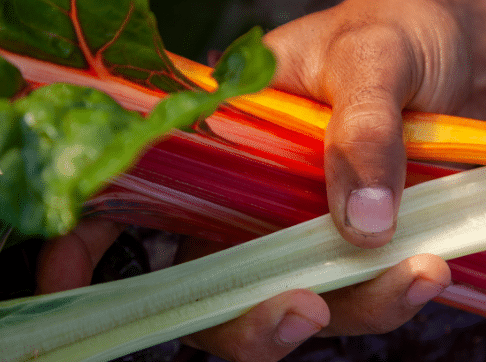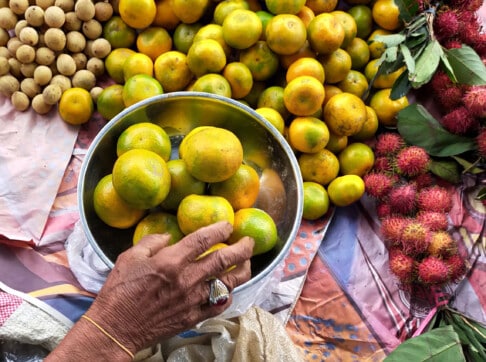Stories of systems change
Food systems transformation is already happening.
Through our Beacons of Hope network we showcase people and organizations around the world who are addressing food systems challenges in creative ways. They show us how to push back against the status quo, dominant business models, and established policies and regulations. As case studies, they are proof that the transformation we collectively seek as a global community is possible.
These stories of inspiration point to how initiatives – such as regenerating landscapes and seascapes, enhancing livelihoods, restoring people’s health and wellbeing, and reconnecting with Indigenous and cultural knowledge – can help us achieve sustainable, equitable, and secure food systems.
Start making an impact with us
Subscribe to receive all the latest updates straight to your inbox
Beacons of hope: Accelerating Transformations to Sustainable Food Systems

True Value: Revealing the Positive Impacts of Food Systems Transformation

